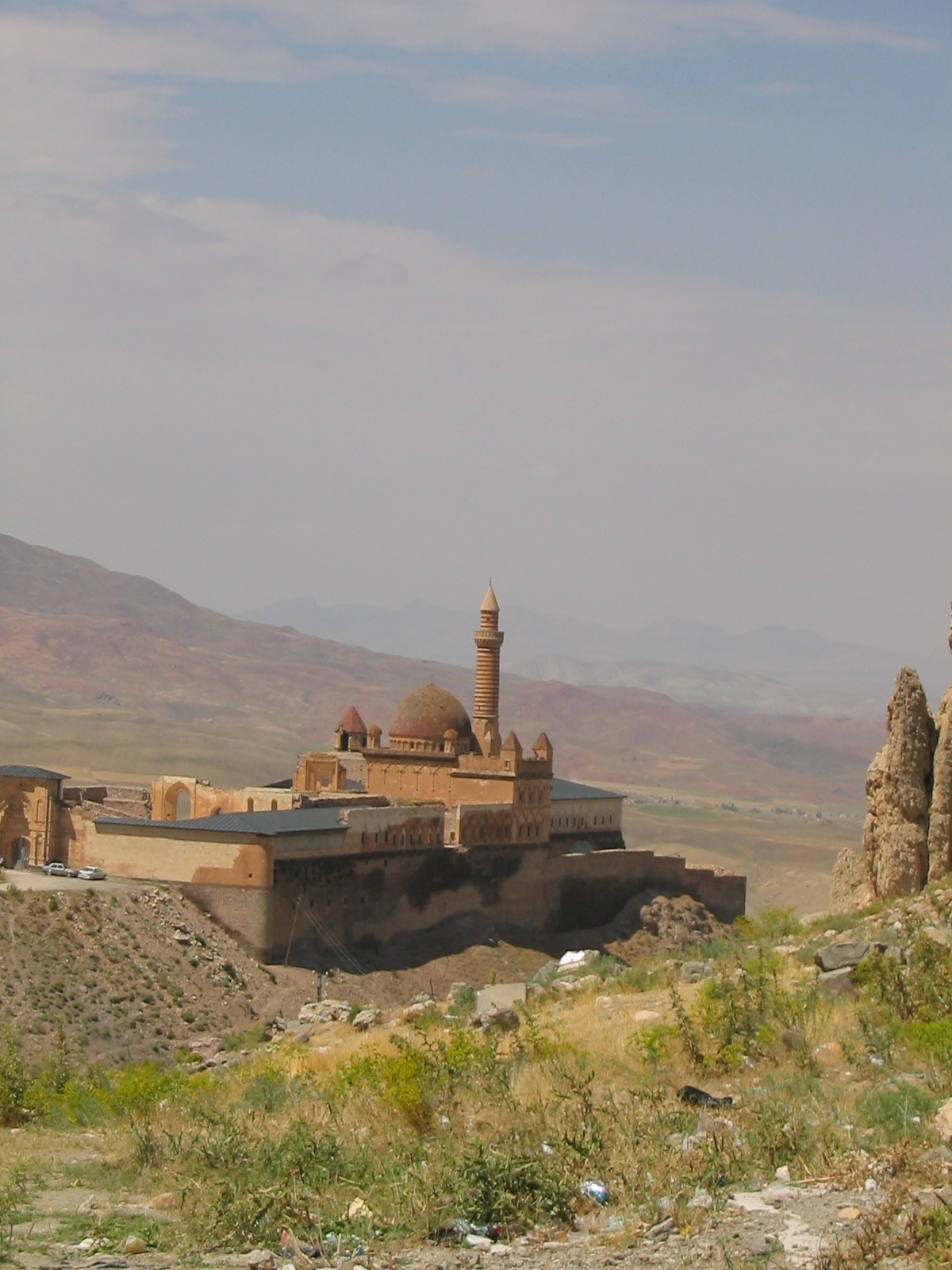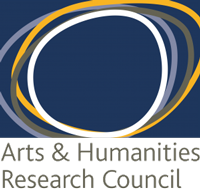General information
The project aims to provide a comparative structural and typological survey of the dialect continuum of Kurdish, covering sample locations from across the major Kurdish speaking regions between the eastern Anatolian regions of Turkey, through northern Syria and Iraq and on to north-eastern Iran. The varieties covered include primarily those known as Kurmanji-Bahdini (Northern Kurdish) and Sorani (Central Kurdish), with some limited coverage of varieties belonging to the group known as Southern Kurdish.
The survey covers selected structures in lexicon, phonology and lexical phonology, morphology, and morpho-syntax, with a strong focus on the interaction of morphological alignment with verb semantics.
The data obtained through the survey’s questionnaire elicitation are presented in a Database that can be searched by location, structural tag, English translation of the elicitation phrase, and Kurdish word forms. For more information on the elicitation method please consult the Pilot and extended survey page.
A collection of Maps present the geographical distribution of selected variants that have been extracted from the questionnaire database.
A set of Free Speech Samples are presented in the form of audio files accompanied by a transliteration and English translation, and are linked to the Database entries that document the results of questionnaire elicitation with the same speakers. These are short samples of typically around 5 minutes that have been extracted from longer stretches of recordings of connected speech. The topics covered include biographical narration about village life, customs and traditions, and local history, as well as traditional tales, and provide a rich resource, so far unparalleled online, of documentation of Kurdish cultural traditions presented by ordinary people from across the Kurdish speaking regions, in their own local dialects.
The academic evaluation of the project data is currently underway (2017), led by the project’s Principal Investigator, Professor Yaron Matras, with the participation of a group of international leading researchers in Kurdish linguistics.


